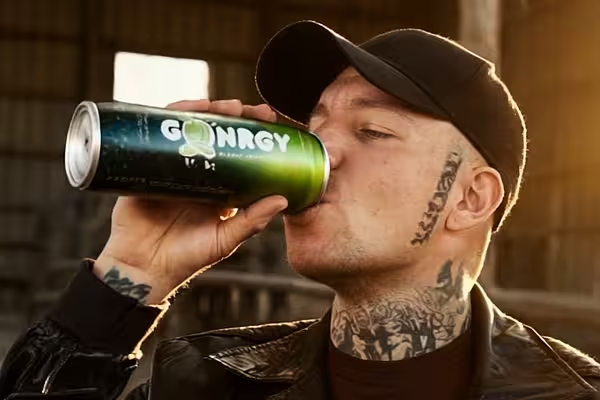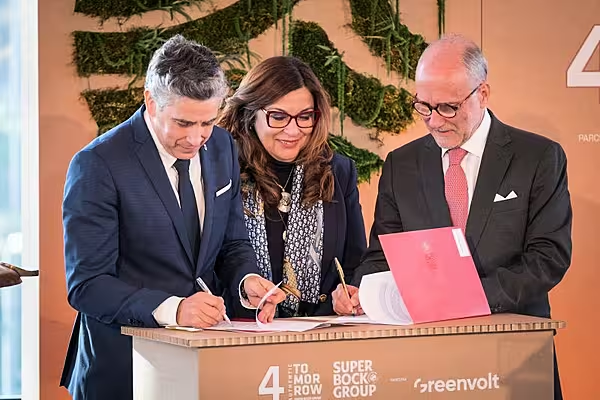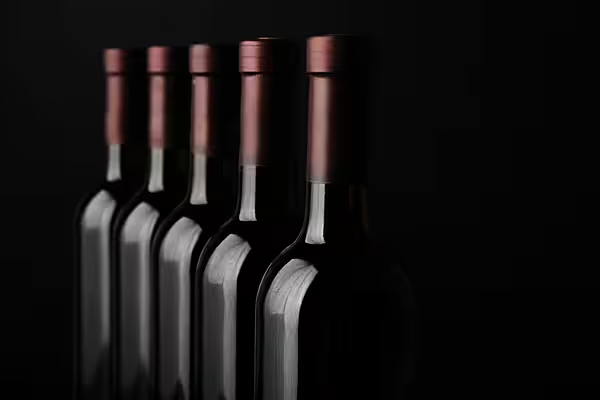Diageo Plc, the maker of Guinness beer and Johnnie Walker whisky, wants Africa to account for 20 per cent of its sales after investing more than $1 billion in the continent over the last five years, Chief Executive Officer Ivan Menezes said.
The ambition to make the African operation “one of the pillars of the next decade” and boost takings from the current share of 13 per cent will play out in growing nations such as Ethiopia, Menezes said at the opening of an expanded brewery in Africa’s second-most populous country. He declined to say when he expected to reach the goal.
“Africa is hugely important for Diageo and Ethiopia is going to be one of the cornerstone markets for us in the future,” the CEO said in an interview this week with Bloomberg Africa Television at the Meta Abo brewery in Sebeta. “I see Africa growing faster than the Diageo average both in beer and in spirits, and the two go hand in hand.”
The world’s largest spirits maker is leaning more on Africa as North America, its biggest and most profitable market, continues to struggle. The London-based distiller manufactures in 16 African countries and sells its brands in 40 on a continent that is expected to have a fifth of the world’s population by 2030.
Diageo has invested $119 million in Meta Abo since buying the brewery from Ethiopia’s government for $225 million three years ago.
“This is a very exciting market,” Menezes said. “It’s got good demographics, very good economic growth and we’ve got good support from the government.”
Growing Economy
Diageo shares were little changed at 1,932.5 pence as of 10:46 a.m. in London on Friday.
Ethiopia, one of Africa’s fastest-growing economies, is expected to grow an average of 8.1 per cent annually through 2019, the International Monetary Fund said in October. The country’s estimated population of 94.1 million was increasing at 2.6 per cent a year in 2013, according to the World Bank.
Sales of Guinness in Nigeria, Africa’s largest economy, have rebounded after Diageo tried to “premiumise” its operation last year at a time when consumers were seeking cheaper drinks, Menezes said. The ill-timed price increase resulted in a 9 per cent drop in Nigerian sales last year, and Diageo has since hired a new management team in response.
“The corrections we made in Nigeria are working well and the last few months we see growing momentum in that business,” the CEO said.
Diageo’s investments in Ethiopia include the new bottling line at Meta Abo, which is 14 miles (23 kilometers) southwest of the capital Addis Ababa. The addition will triple its annual production capacity to 1.7 million hectoliters. It’s also digging wells to bring drinking water to thousands of residents.
Other brewers are eager to slake Ethiopia’s growing thirst for beer. Heineken NV, the Dutch company that bought two Ethiopian government breweries in 2011 for $163 million, opened a 110 million-euro ($123 million) plant near Addis Ababa in January. BGI Ethiopia, a unit of French drinks maker Groupe Castel, produces St George beer - the nation’s top seller - from a 93-year-old brewery in the capital.
“I see a market the size of Ethiopia having significant opportunities for all the players to grow,” Menezes said.
Bloomberg News, edited by ESM














